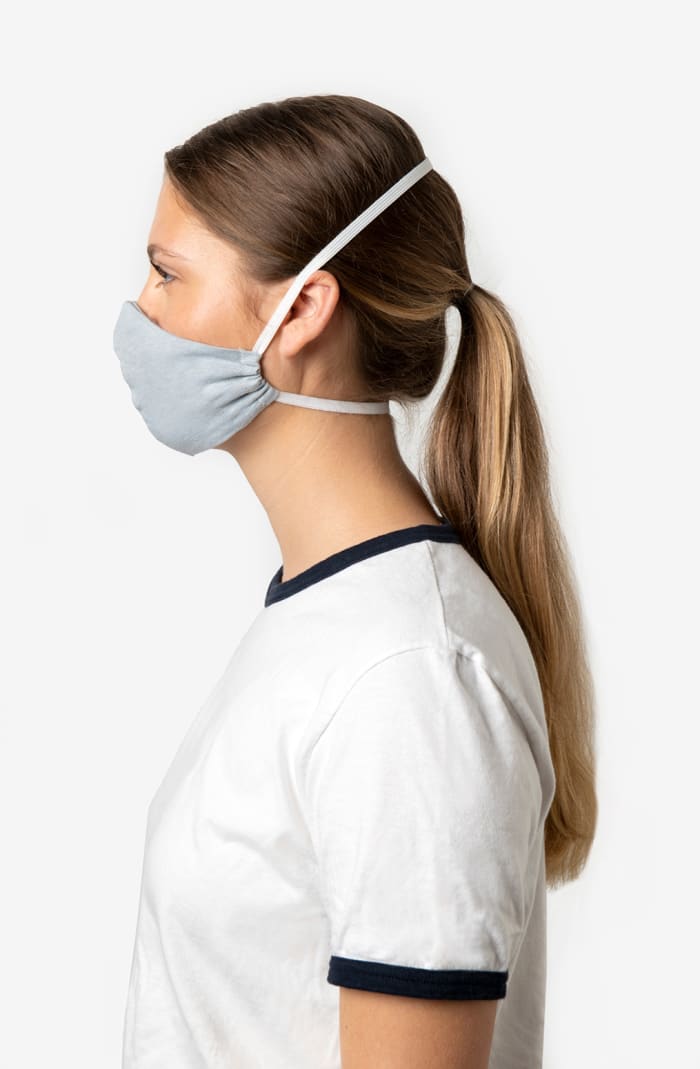A news flash for you that has nothing to do with the continuing unfolding of COVID-19 developments: a recent study by the National Association for Law Placement and PP&C Consulting found that almost 60 percent of law firm associates do NOT (I repeat, do NOT) want to become partners at their current firms.
Is that news? It depends upon how you define news, but given the almost endless path to snagging a partnership, given the lack of diversity and inclusion, it’s not really a surprise that more than half of the associates have pulled the emergency brake on the partnership track. For those seeking that partnership at their current firm, 60 percent of Latinx associates wanted partnership, 46 percent of black associates, and 42 percent of white associates.
The study surveyed 1,394 partners and 1,079 associates and is full of interesting factoids, made even more interesting in these perilous times. Conducted last year when the word “pandemic” required Googling, some of the conclusions ring even more true in these days of layoffs, cutbacks, and compensation reductions. Only lawyers at regional, national, and Am Law 200 firms were surveyed. However, most lawyers in this country are either solos or small firms.
I am always surprised when our profession thinks that the gravy train of prosperity is going to last forever, that the bull market will always have legs, and that there will always be demand for legal services. As to the latter, “yes, but.”
We’ve been warned for at least the past decade that technology, artificial intelligence, and third-party vendors would eat our lunches. Now it’s not just those things, but a virus that has a ravenous appetite and makes no distinction between rich and poor, Big Law or People Law, where you went to law school, whether you were Order of the Coif or scraped the bottom of the class. In fact, right now, I’d like to know how many patients ask their overworked healthcare professionals where they went to med school, where they did their residencies, or any other fact that might be on a resume. COVID-19 may well be the great leveler for our profession.
I digress. Some interesting factoids from the study:
Some things never change, and nearly half of today’s partners (Boomers and Gen Xers) think that today’s associates don’t work as hard as they did when they were associates. Sound familiar? This follows the age-old pattern of parents telling their kids how they had to walk miles in the snow every day to get to school, how they had to eat everything on the plate because children were starving elsewhere, how they did chores without any expectation of an allowance, yada-yada.
Do you think that technology, AI, e-discovery vendors, and other new-fangled things may have something to do with that perception? Aside from billable hours, how do you tell? If the associate gets as good (or even better) a result in less time, what’s the problem? How about laptops and other devices that allow lawyers to work remotely? (Exhibit A in these COVID-19 times.) In the “good old days” — and that’s a matter of opinion — there was even more drudgery than there is today, drudge work so mind-numbing that you wanted to stick a fork in your head in the hopes that you would wake up to finish answering the discovery before the due date.
Another differing perception is that only a bare majority of partners think that the youngsters are as good at their jobs as they were. Really? How do you compare? What metrics were used? Do you think that memories are selective? Of course they are.
How many times have we all heard the word “entitled” used to describe today’s associates? Slightly more than a third think that younger lawyers put their own needs and interests ahead of the firm and the clients. Given the workaholic habits of us oldsters (and I include Gen Xers in that), I am not surprised that associates want more “work-life balance.” As a dinosaur, I’m tired of the grumbling about the perceived sense of “entitlement.” Times are not the same, duh. Will these impressions change post COVID-19?
More than 40 percent of the partners didn’t think that associates were as ambitious as in olden times. How much ambition is necessary to be a good lawyer? Define ambition: Biglaw, People Law, or something else?
What do partners and associates agree upon? The intellectual challenge of the work, which ranked either first or second. That’s why a lot of us became lawyers, not to make money (although that’s a nice collateral benefit for some of us) but to help solve problems by appreciating that intellectual challenge. That’s something that all we lawyers share, and the nerds among us delight in that, but just try to explain an intellectual challenge to a client in the context of giving advice, and the client’s eyes cross.
What about diversity and inclusion? The study concludes that for associates of color, “the pipeline is neither empty nor robust,” but the question remains whether firms will continue in their efforts to have diverse associates or whether their efforts will remain “meh.”
The conclusion is that most lawyers like what they do; it’s just that they would like to do a little bit less in order to have a more balanced life. Supreme Court Justice Joseph Story said 90 years ago, “the law is a jealous mistress.” Has anything changed?
 Jill Switzer has been an active member of the State Bar of California for over 40 years. She remembers practicing law in a kinder, gentler time. She’s had a diverse legal career, including stints as a deputy district attorney, a solo practice, and several senior in-house gigs. She now mediates full-time, which gives her the opportunity to see dinosaurs, millennials, and those in-between interact — it’s not always civil. You can reach her by email at oldladylawyer@gmail.com.
Jill Switzer has been an active member of the State Bar of California for over 40 years. She remembers practicing law in a kinder, gentler time. She’s had a diverse legal career, including stints as a deputy district attorney, a solo practice, and several senior in-house gigs. She now mediates full-time, which gives her the opportunity to see dinosaurs, millennials, and those in-between interact — it’s not always civil. You can reach her by email at oldladylawyer@gmail.com.










 Jill Switzer has been an active member of the State Bar of California for over 40 years. She remembers practicing law in a kinder, gentler time. She’s had a diverse legal career, including stints as a deputy district attorney, a solo practice, and several senior in-house gigs. She now mediates full-time, which gives her the opportunity to see dinosaurs, millennials, and those in-between interact — it’s not always civil. You can reach her by email at
Jill Switzer has been an active member of the State Bar of California for over 40 years. She remembers practicing law in a kinder, gentler time. She’s had a diverse legal career, including stints as a deputy district attorney, a solo practice, and several senior in-house gigs. She now mediates full-time, which gives her the opportunity to see dinosaurs, millennials, and those in-between interact — it’s not always civil. You can reach her by email at 


 Kathryn Rubino is a Senior Editor at Above the Law, and host of
Kathryn Rubino is a Senior Editor at Above the Law, and host of 



